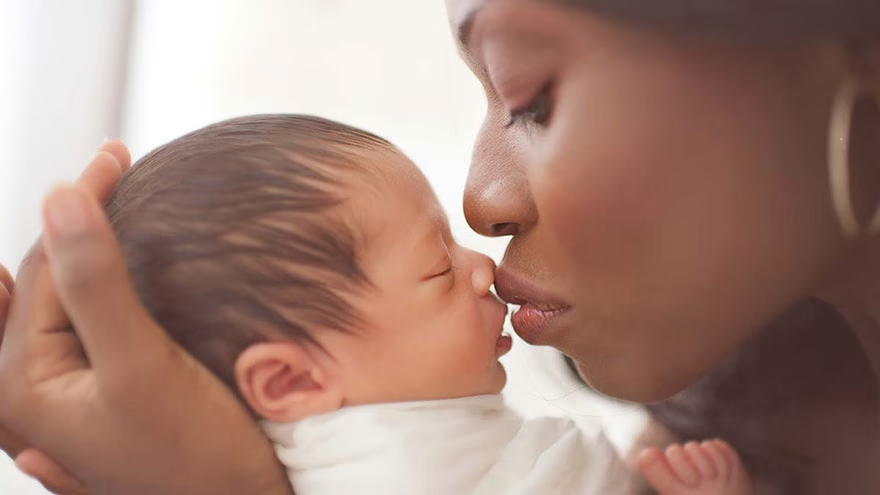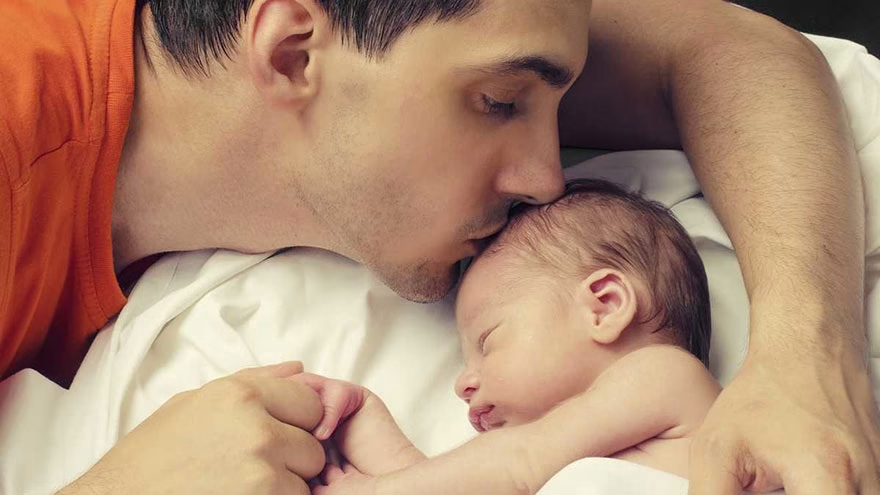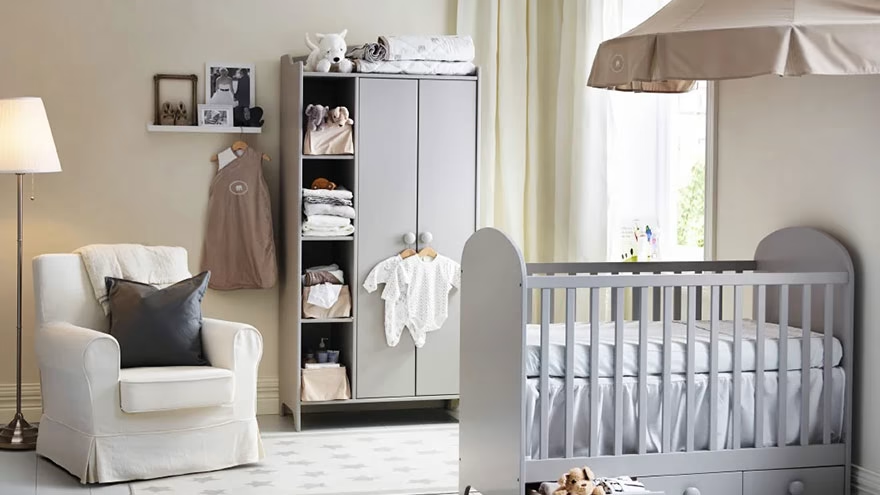Attachment is not an overnight phenomenon, but rather a process that produces the deep, emotional bond that grows between a newborn and her parent or caregiver.
Observant parents can improve newborn attachment by consistently responding to their baby's needs and attempts to communicate with warmth and affection.

Observe Your Newborn's Cues
As you observe how your newborn responds to hunger, a soiled diaper or emotional distress, the emerging patterns of responses can help you to respond proactively to her needs. Everyday nurturing experiences such as feeding, changing and holding your newborn provide parents with a collection of cues.For example, you may observe that your infant exhibits a distinctive grimace before crying when her diaper becomes soiled. Your baby learns that you respond to her grimace by replacing the soiled diaper.
Your response to your newborn's signals helps to build attachment, as she learns that you respond accurately to the cues she has communicated.
Respond Lovingly And Consistently
Interact with your newborn in a warm, loving manner as you consistently respond to her needs for feeding, bathing and changing. Use these activities to provide eye-to-eye contact and a comforting touch, two exemplary ways of promoting attachment with your baby.Additionally, the U.S. Department of Health & Human Services reports that loving interactions with parents help newborns to begin acquiring self-regulation of emotions. Your newborn's healthy attachment to you enables the groundwork for future relationships with others.
Communicate
A newborn prepares to communicate with her parents before birth, by learning to recognize her mother’s voice and other familiar voices while still growing within the uterus.Your baby cries to communicate her needs and demonstrates distinctive cries to signify specific needs. In addition to crying, watch for other opportunities to communicate and build attachment with your newborn.
Encourage your newborn to engage in pretend conversations by imitating her cooing and babbling sounds and copying her facial expressions and body movements.
Significance Of Attachment
The attachment process between a newborn and parent provides emotional rewards to you. However, the benefits for newborns extend well beyond the crib, reports Vanderbilt University.Newborns who learn that their needs are being met in a consistent, loving manner can turn their time and attention to reaching the milestones of early childhood development.
A strong attachment with a parent helps a newborn to build happy relationships with other adults and peers, because the first relationship she experiences with another person has been positive and supportive.
You Might Also Like : How to Bond With Your Baby After a C-Section
Check out the video version of this article on YouTube
httpv://www.youtube.com/watch?v=EyafDJBnXQo
Save for later
Found this helpful?
Pin this article to your Pinterest board and come back to it whenever you need a reminder.
Save to Pinterest


